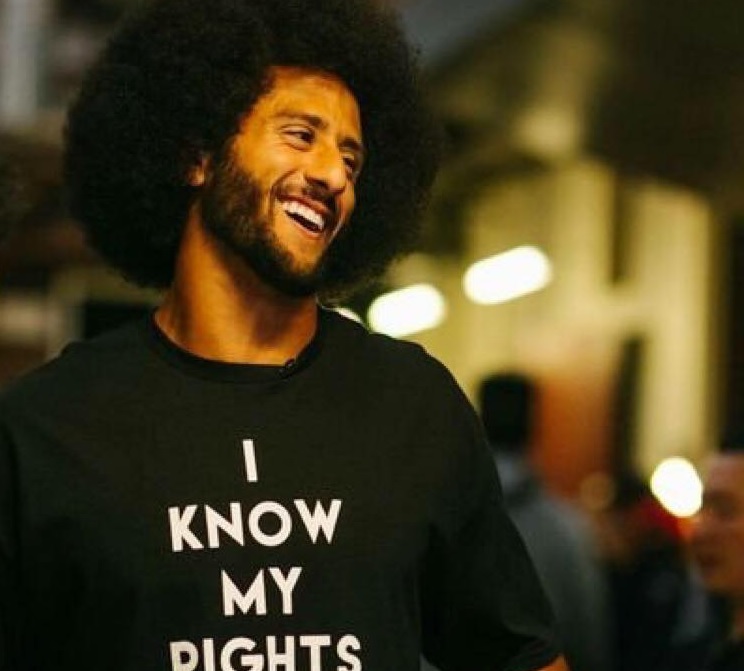
By Abhita Chakravarti
BLM movement has captured the attention of people worldwide and created positive change.
The ongoing Black Lives Matter (BLM) protests across America may have been sparked by the May 25 killing of George Floyd, a 46-year-old black man, under the knee of a white policeman. But these demonstrations follow decades of systemic oppression.
Contrary to assertions made by some that there is no evidence to support the theory of systemic racism, Black Americans have been considered inferior to their white counterparts beginning with slavery, in the 1600s.
This would soon transition into the era of Jim Crow and “abolition” within the 13th Amendment that supposedly freed enslaved persons.
However, Section 1 of the 13th Amendment states “Neither slavery nor involuntary servitude, except as a punishment for crime whereof the party shall have been duly convicted, shall exist within the United States, or any place subject to their jurisdiction.”
While the general perception was that enslaved people were freed with the passing of the 13th Amendment, the exception of free labor as a form of punishment is the foundation of present-day racism rooted within the system; encouraging the use of the police and prison systems to continue to oppress Black Americans.
The Oxford definition of protest is a statement or action expressing disapproval of or objection to something. Protest by its nature makes the oppressor uncomfortable and can look different in a variety of situations such as boycotts or rallies.
As Matthew Miller, a professor of Health Science at Northeastern University noted, “Although Black people represented 12 percent of the population in the states we studied, they made up 25 percent of the deaths in police shootings.”
Although many lives have been lost at the hands of the police, it is evident that Black people are disproportionately killed as a result of racial bias exhibited by law enforcement.
In 2016, Colin Kaepernick, quarterback for the San Francisco 49ers, knelt during the national anthem to protest police brutality against Black Americans.
As a result of his peaceful objection, Kaepernick lost his job and was ostracized within the NFL. The latest protests have been taking place in all 50 states in an effort to reform the police and advocate for the lives of Black Americans.
However, some protests have turned violent. But violence is not the goal of the BLM movement. A few looters took advantage of the situation and must be condemned and brought to justice.
These protests are a recognition of unjust practices that have directly impacted the Black community.
Acknowledging that peaceful protests may not always move the needle on societal change, the late civil rights activist, John Lewis said, “Never, ever be afraid to make some noise and get in good trouble, necessary trouble.”
The demonstrations protesting systemic racism throughout the United States as well as in England, Brazil, Kenya and Turkey have captured the attention of people worldwide.
Some believe that protesting will not impact the situation. However politicians have been making policy changes as a result.
Officials in Washington DC, California, Nevada and Texas have all banned chokeholds and initiated much needed police reforms. This movement has also forced corporate industries to address the issue of systemic racism.
Overall, the BLM movement has created positive change. It has not only shed light on the dismissal and poor treatment of blacks in America solely based on the color of their skin, but also created a desire for the youth of America to become more educated on surrounding issues.
This has allowed all to become more aware of the innate problems within society built up over time with race as its foundation, urging all who have the want, to do better.
(Abhita Chakravarti is a student of York Community High School, Elmhurst, Illinois.)
RELATED COLUMNS:
Black lives must matter before all lives can matter (September 2, 2020)
BLM movement targets systemic racism in the US (September 1, 2020)
Why do Americans tolerate racism? (August 31, 2020)



